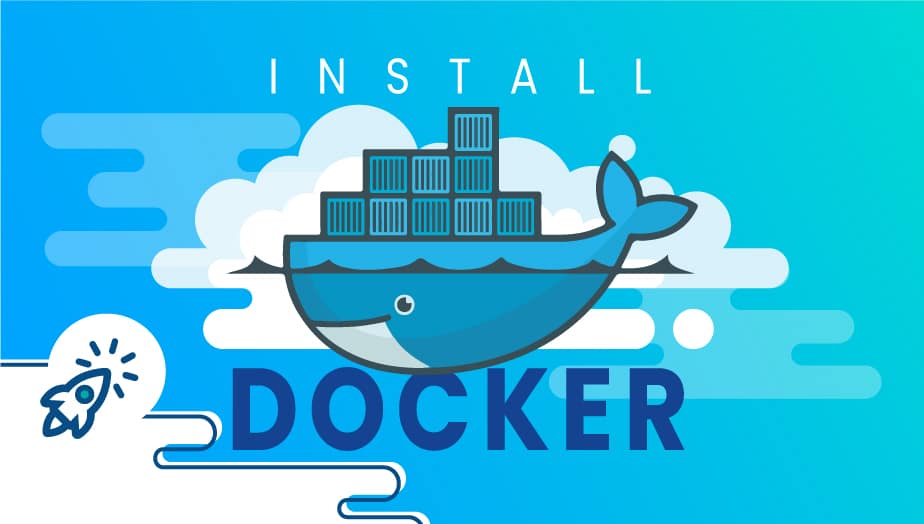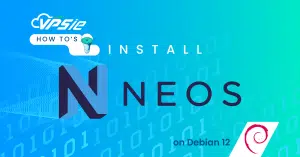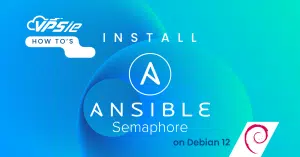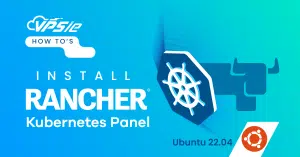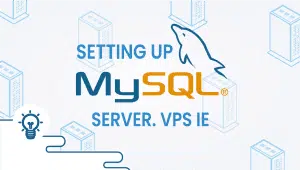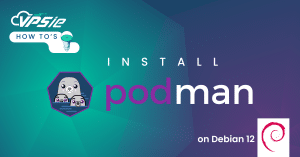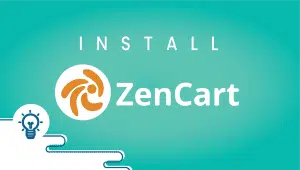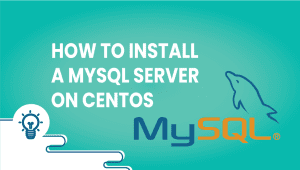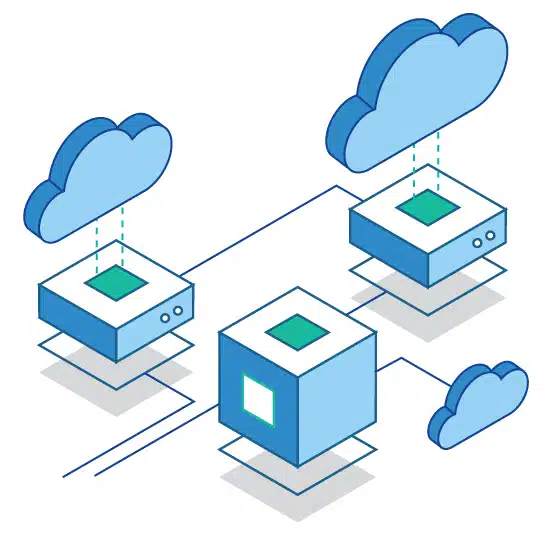Install Docker : VPSie one click deploy
What is Docker?
The open-source Docker platform offers a combination of an operating system (OS) with tools to enable creation, deployment, and management of virtualized application containers. Containers can be built and tested using Docker, simplifying the process of developing, testing, and deploying applications. This platform allows a set of platform-as-a-service products to deliver software packages called containers over the internet by virtualizing the operating system at the OS level. It consists of a set of files, libraries, and software that are isolated from one another. A container communicates with other containers through defined channels.
Here you will learn how to perform an one-click installation for Docker on the VPSie platform. You can sign up for VPSie by clicking the following link if you do not have an account.
Let’s begin by going through each step:
Select Docker from Marketplace
In order to set up, you must visit the Marketplace and select Docker for your server.

Select VPSie DataCenter
Make sure your data center is close to your customers. Data centers should be located close to where your clients are rather than at your own location. In the case of Europeans with clients in the United States, U.S.A. locations must be selected

Choose your plan category
Choose a plan category and the options within it to determine the best plan for your business.

Configure your Docker server network and security
We recommend you select public IPv4 when selecting an IP address. VPSie provides you with the option of selecting private from the default Virtual Private Cloud(VPC) or creating your own VPC and assigning an private IP from it.

The SSH key and StartUp Script can be added here, as well as new ones that you can create. Note that this step is optional. If you don’t need it, you can skip it.
By selecting from the drop-down, you can add storage to your server in the same way, selecting the storage type and entering the storage size as needed.

You can edit your hostname on the Hostname tab. By default, VPSie generates one automatically.
You will be given an automatically generated password by VPSie by default. By clicking on the password configure tab and selecting the custom option, you can change your password and add your own.
Create a note and tags for your Docker server. It is highly recommended that you enable automatic backup.

We are offering a very handy feature that allows you to create multiple Docker servers with the same configuration that we created now. Make use of it if necessary. Lastly, click on the Add VPSie button to create your Docker.

It will take no more than a minute for your Docker to be operational. You will receive an email with all details regarding the server login credentials.
If you log in as root via SSH after deploying One-Click Docker, let’s check if everything is working.
Run the container Hello World to test your docker:
# docker run hello-world

You have now verified that your One-click installation of your Docker was successful.
Play with Docker technology and learn about it. I hope you found this helpful.
Compared to other systems
Virtual machines (VMs) are similar to containers, but they are less efficient and less flexible than containers. VMs require a complete operating system for each application, which can take up many resources and increase deployment times. Containers, on the other hand, share the host operating system kernel and only require the application code and its dependencies to be packaged, which makes them much more lightweight and faster to deploy.
Docker on Vpsie
Vpsie is a cloud hosting provider that offers virtual private servers (VPS) for various use cases. Docker can be used on Vpsie to create and deploy containerized applications, which can be helpful for development, testing, and production environments.
To use Docker on Vpsie, you will need first to create a VPS instance and install Docker on it. Vpsie offers a variety of operating systems to choose from, including Ubuntu, CentOS, and Debian, all of which support Docker.
Once you have created your VPS instance and installed Docker, you can make and deploy Docker containers. You can create a Dockerfile, a text file containing instructions for building a Docker image. The Docker image can then be used to create a Docker container, which is a lightweight, portable package that includes the application code and its dependencies.
One of the advantages of using Docker on Vpsie is that it allows for easy scalability and resource allocation. You can quickly scale up or down your Docker containers based on demand, which makes it easy to manage applications in a distributed environment.
Another advantage of using Docker on Vpsie is that it provides a consistent environment for developers and operators. This can help reduce the risk of issues caused by differences in development and production environments, which can be a significant factor in the success of modern applications.
Docker Features
One of the key features of Docker is its ability to package applications and their dependencies into containers. This allows developers to create lightweight and portable applications that can be deployed on any system that supports Docker.
Another feature of Docker is its ability to manage and orchestrate containers across multiple hosts. This allows developers to scale and manage applications in a distributed environment quickly.
Advantages of Docker
- Portability: Docker containers are portable and can run on any system that supports Docker, which makes it easy to deploy applications across different environments and platforms.
- Efficiency: Docker containers are much more lightweight than virtual machines, which makes them more efficient and faster to deploy.
- Scalability: Docker containers can be easily scaled up or down based on demand, which makes it easy to manage applications in a distributed environment.
- Consistency: Docker provides a consistent environment for developers and operators, which helps reduce the risk of issues caused by differences in development and production environments.
Disadvantages of Docker
- Complexity: Docker can be complex to set up and configure, which can be a barrier for some users.
- Security: Docker containers can be vulnerable to security issues if not correctly configured and managed.
- Dependency management: Docker containers require careful management of dependencies to ensure that the correct versions are installed and compatible.
Conclusion
Docker is a powerful containerization platform that can create, deploy, and run applications in a containerized environment. It provides many advantages over traditional virtual machines, including portability, efficiency, scalability, and consistency.
While it can be complex to set up and configure, the benefits of using Docker make it a worthwhile investment for many organizations. When choosing a containerization platform for your applications, you must consider your specific needs and requirements and select the forum that best meets those needs.
Docker is a platform for developing, shipping, and running applications using containers. Containers are lightweight, portable, and self-contained environments that include everything needed to run an application, such as the code, libraries, and dependencies.
Docker containers are more lightweight than virtual machines because they share the host operating system kernel. This makes them faster to start up and easier to deploy than traditional virtual machines. Docker containers also require less overhead, which makes them more efficient and cost-effective.
Docker supports a wide range of operating systems, including Linux, Windows, and macOS. However, not all Docker features are available on all operating systems, so it’s important to check the documentation to make sure that the features you need are supported on your chosen platform.
Docker is useful in a variety of scenarios, such as:
- Development: Docker allows developers to create consistent environments for testing and deploying their applications.
- Testing: Docker makes it easy to test applications in different environments without the need for multiple physical or virtual machines.
- Production: Docker enables easy deployment of applications to production environments, with built-in scaling and resource allocation features.
- Microservices: Docker can be used to create and manage microservices, which are small, independent components of an application that can be deployed and scaled separately.
There are several alternatives to Docker, such as Kubernetes, LXC, and OpenVZ. However, each of these has its own strengths and weaknesses, and the choice of platform will depend on the specific use case and requirements.

